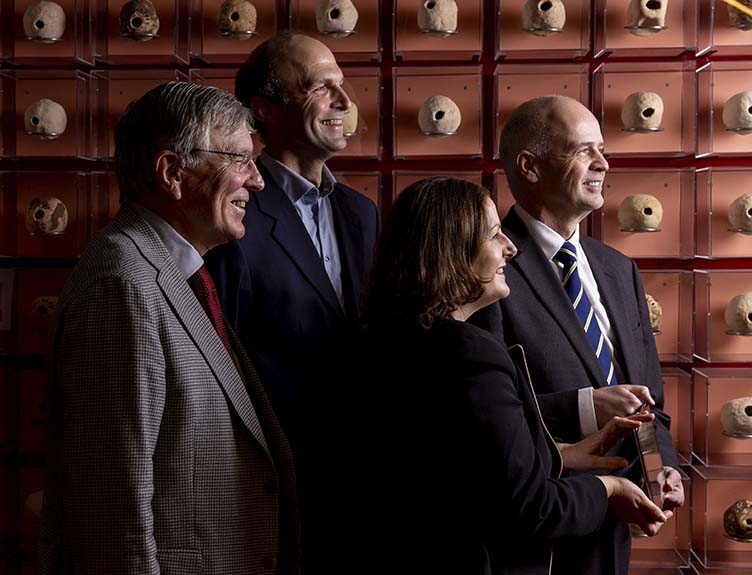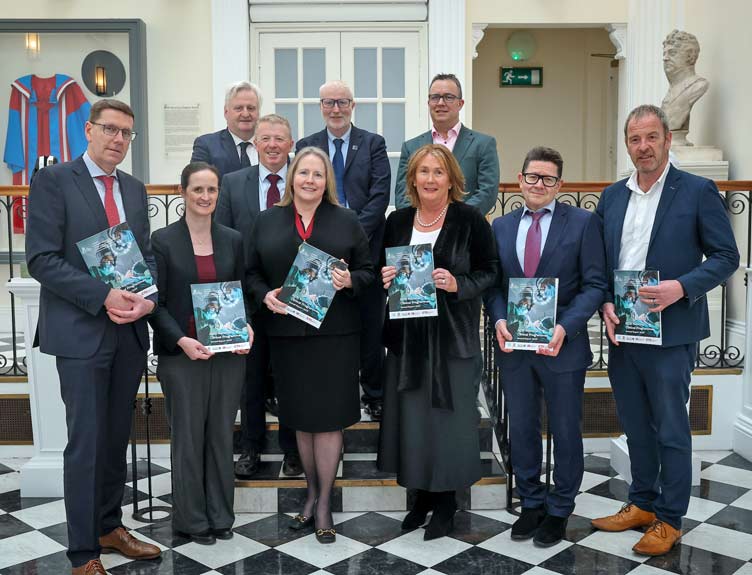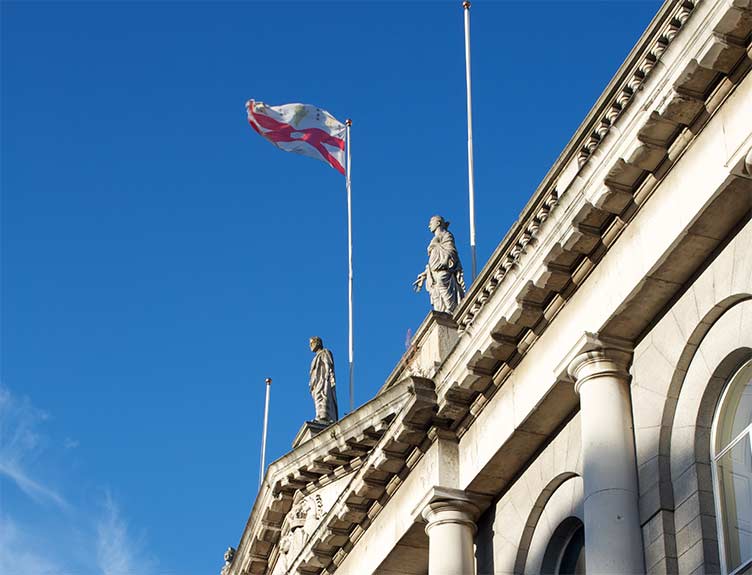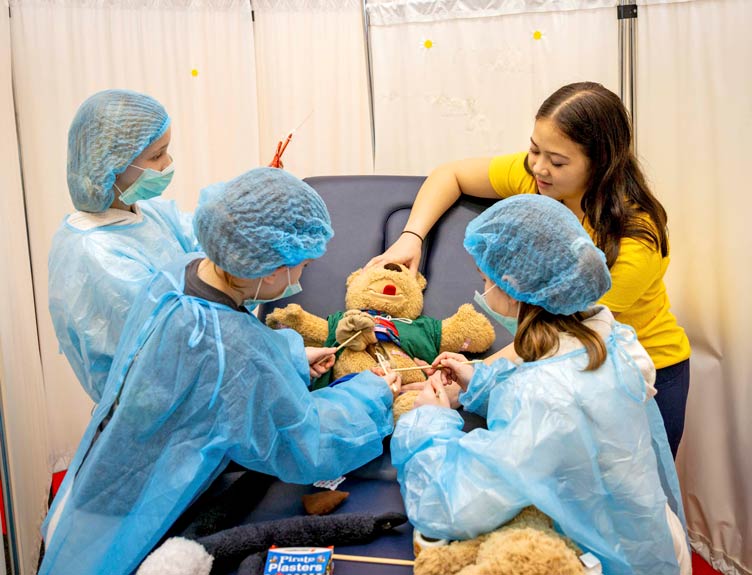RCSI and Irish Blood Transfusion Service partnership to boost blood products for patients

Researchers from RCSI University of Medicine and Health Sciences and the Irish Blood Transfusion Service (IBTS) are joining forces in a new partnership to make blood products for transfusions more available and more useful for patients.
CRIMSON – the Centre for Research Into Major Haemorrhage and Transfusion – is the first joint research initiative between Ireland’s national blood establishment, the IBTS, and the Irish Centre for Vascular Biology, which is based at RCSI’s School of Pharmacy and Biomolecular Sciences.
Through a series of projects, the new partnership will help to address the ever-growing challenge of meeting the demand for blood products – and in particular platelets, small components of blood that play a vital role in the body’s healing and immune responses. Platelets are present in donated blood and can also be isolated and given to patients separately.
CRIMSON will research ways to optimise shelf-life for donated platelets and ways to derive more benefit from platelet transfusions for patients.
Supply and demand
One of the big issues that Ireland and countries around the world face in providing safe and effective blood products for patients is that the supply always needs to meet the demand, according to Dr Allison Waters, Research and Development Lead Facilitator at IBTS.
“One of the ways we can address this is to make sure the blood products produced following donation are stored under conditions that maintain their quality, safely for longer, as this means more blood products will be available when needed,” says Dr Waters. “In particular we are focusing on developing innovative storage methods to extend the shelf life of donated platelets so they are available for when our patients need them.”
CRIMSON will also investigate the role that blood type plays in how platelets work, particularly in patients who are actively bleeding.
“We will explore how blood group affects the function of platelets and other factors involved in blood clotting,” explains Consultant Haematologist Professor James O’Donnell, Director of the Irish Centre for Vascular Biology and Professor of Vascular Biology at RCSI School of Pharmacy and Biomolecular Sciences. “This will allow us to understand how blood products of different blood types could be used optimally for patients who are bleeding and who need help to stop that bleeding.”
The CRIMSON initiative is led by principal investigators Professor James O’Donnell and Dr Ingmar Schoen at RCSI School of Pharmacy and Biomolecular Sciences and Dr Allison Waters and Professor Tor Hervig at IBTS.
Shared knowledge
CRIMSON will bring experts together to share knowledge for the benefit of the blood supply in Ireland and beyond, according to Professor Fergal O’Brien, RCSI Deputy Vice Chancellor for Research and Innovation.
“CRIMSON will contribute to the improvement of blood products and transfusion services in Ireland and worldwide, for the benefit of patients. This new research partnership will facilitate the sharing of knowledge and training between clinical and scientific experts at RCSI and the Irish Blood Transfusion Service,” says Professor O’Brien.
To mark the formation of the new research partnership, haematologist and RCSI CRIMSON Co-Principal Investigator Professor James O'Donnell delivered an IBTS ‘Leading Lights’ lecture on the topic 'ABO blood group – biology and clinical significance'.



